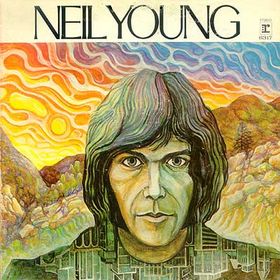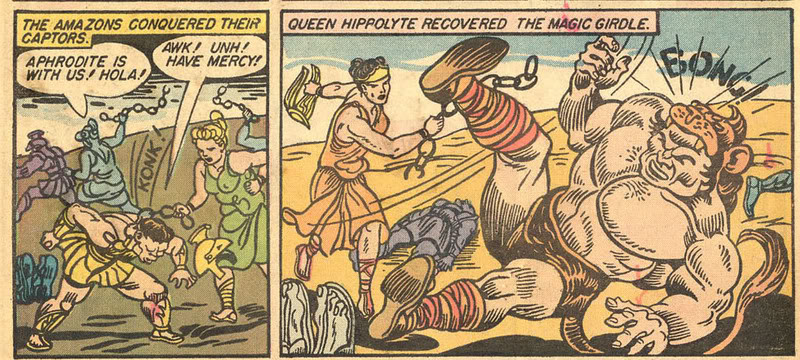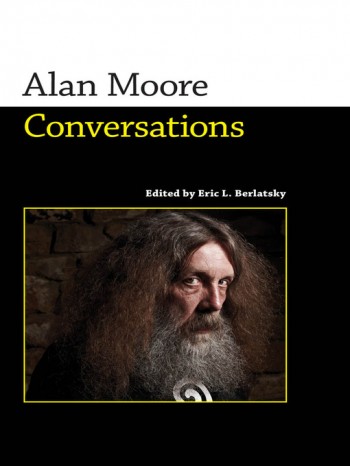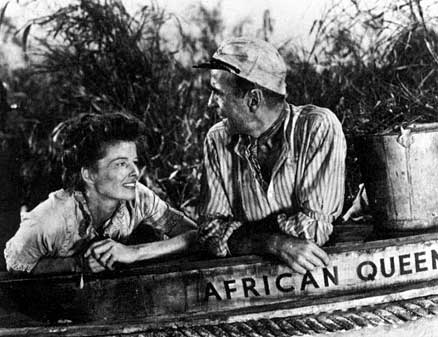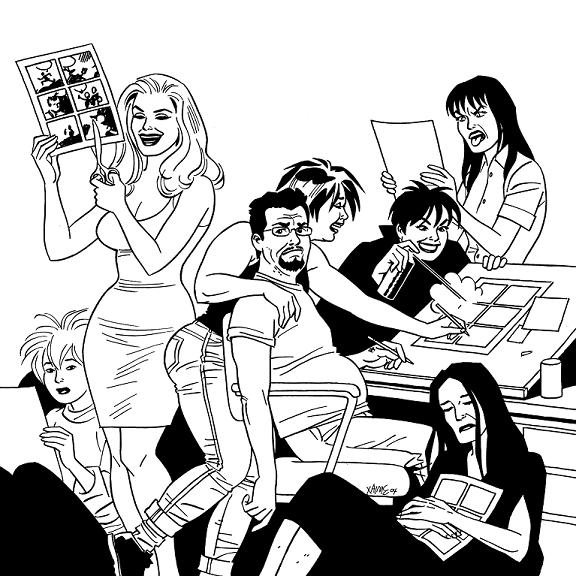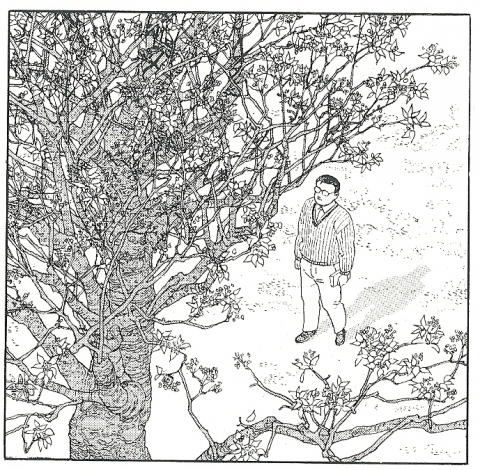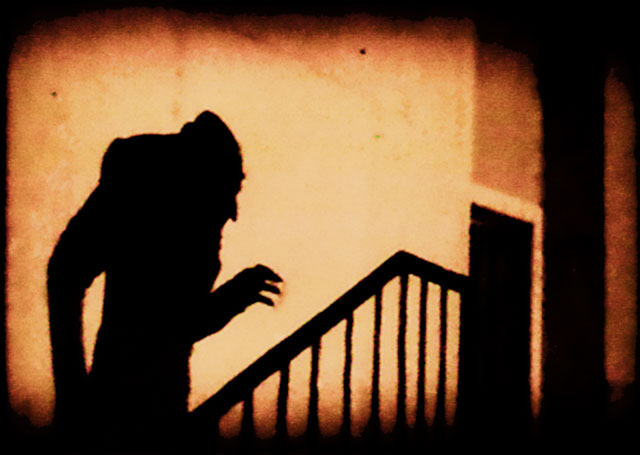
In his book Forbidden Partners: The Incest Taboo In Modern Culture, James B. Twitchell argues that the gothic romance, and particularly the vampire story, is built upon the fascination/titillation/horror of the incest taboo. Twitchell points out that the vampire is typically an older, powerful man who attacks a younger, often virginal woman, forcing upon her an intimate encounter which involves a sex-like, perverted mingling of blood. Twitchell also reminds us that:
The most startling aspect of the folkloric vampire is that he must first attack members of his own family. This prerequisite has been lost in our modern versions, but it is clear in almost every early story in almost every culture. We may have neglected this because we find it too dull and predictable, but it may also be…because this familial tie makes all too clear the vampire’s specific sexual design.
The most popular current version of the vampire story is, of course, Twilight. Twilight differs from Dracula in many ways — but it definitively retains the gothic fascination with inbred family structures. Bella, notably, calls her father “Charlie” — his first name — and when she moves back in with him, she cooks for and takes care of him more like a wife than like a daughter. Bella’s surrogate vampire family is even more flagrantly incestuous; Carlyle’s “children”, turned vampire by him, all live together as brothers and sisters — and, at the same time, as paired husbands and wives. Even Carlyle himself, and his wife appear no older than their “kids” — who they create not by having sex with each other, but by having sex with the children themselves. Father/mother/brother/sister — the familial roles are all, for the vampires, arbitrary, interchangeable, and interpenetrated with sex.
If vampires are both daddies and lovers, Edward is certainly no exception. In fact, much of Meyer’s incomprehensible plotting is suddenly clarified once you start to view Edward as a father surrogate. Edward is, of course, much, much older than Bella (while still being, also, magically, 19.) And his relationship with Bella is defined by his overwhelming desire to protect her…not merely from others, but from himself. His stalkery behavior is often specifically explained as a paternal desire to keep her from harm — he disables her car, for example, to keep her from being hurt by Jacob. Meyer also is oddly fascinated with scenes in Bella’s bedroom — scenes in which Edward does not have sex with Bella, but rather spends hours watching her sleep…like a doting father. Edward’s continual refusal to have sex with Bella, and/or to turn her into a vampire, are also consistent with his fatherhood; he loves her, but incest sex would be so right wrong.
Obviously, incest is definitionally squicky, and it’s no surprise that Twilight’s flirtation, and more than flirtation, with the taboo have repulsed many, feminist and otherwise. At the same time, Twitchell notes that the gothic — incest and all — has long appealed strongly to young women. Why should this be? Twitchell doesn’t have any very good explanation — he mutters something vaguely about false consciousness, stammers about symbolic representations of hymens breaking, waves his hands, and scurries on by.
Gale Swiontkowski in Imagining Incest: Sexton, Plath, Rich, and Olds on Life With Daddy provides a somewhat more convincing explanation of the appeal of incest narratives for young women (if not of vampires per se.) Looking at American women poets, Swiontkowski argues that for daughters incest with the father can be a kind of symbolic grasping of patriarchal power — a repudiation of passivity in favor of the phallus. Obviously, this is a fraught and potentially damaging transaction, especially in the not-nearly-infrequent-enough-cases where there is actual incest and abuse. Still, Swiontkowski argues:
An advocacy of incest by men, as in pornography, is a regressive move toward social and psychological hoarding that enslaves women to men’s desires, especially if it is taken as a literal enactment of the right of males in patriarchy. The advocacy of symbolic incest by women is an enlightening and advancing move because it breaches the social restrictions on women that determine their subservience in a patriarchy.
This does seem to be in large part what Meyer is trying to do in Twilight. Meyer’s world is one in which the incest taboo is destabilized; fathers are brothers are husbands; siblings are lovers…and, as a result, ultimately, daughters are fathers. Edward is Bella’s lover and her father — and he is also Bella’s self. Edward’s paternal desire to keep Bella safe is ultimately accomplished by making Bella into Edward — by turning her into a vampire who is (the text is careful to note) stronger than Edward himself. Marrying her father makes Bella her own father, and she has the phallus/fangs to prove it.
Bella’s fatherhood is achieved by giving birth; it is tied into, and comes out of, her motherhood. Twilight, in other words, wants to allow Bella to retain her gender even as she grasps the phallus; being a vampire does not unsex or transex her, but actually reinscribes her femaleness. Bella can be structurally father without being male, just as the vampires can all be structurally siblings while sleeping with each other. Instead of incest leading to horror as in the traditional gothic, for Meyer it opens up onto a utopia of sexy, happy families and sparkly vampires.
_________________
While writing this, it suddenly occurred to me that there’s a vampire in the Hunger Games too. President Snow, with his breath that smells like blood, surely functions as a Dracula surrogate — the older, powerful, seductive patriarch. One of the creepier moments in the book is when he leaves a rose for Katniss in her house; a symbolic and squicky father/daughter rape.
Katniss, of course, has lost her own father — which perhaps explains the intense personal relationship she develops with Snow. Certainly, Katniss’ hatred of Snow in the book seems weirdly unmotivated. Snow does many horrible things, of course…but those horrible things seem almost too much, the personalization of the evil of the regime almost too intense, as if Suzanne Collins is desperate to find an excuse to place Snow at the center of Katniss’ mental and emotional world.
Given Snow’s role as demon/father, and given the series’ fascination with intensely gruesome and macabre violence, I think it’s possible to see The Hunger Games as itself an example of the gothic. In many ways, too, it’s a much more traditional gothic than Twilight. Incest leads to horror — and to punishment, not just for the father, but for the daughter as well. Katniss’ punishment is precisely that she doesn’t get the phallus; repudiating the incest storyline means that she must also repudiate personal power and agency. She can’t actually admit to her love of dressing up (good girls don’t do that); she can’t admit to an investment or interest in politics (good girls don’t do that); she can’t even really enjoy the denoument of her romance storyline (the boy is nice enough…but he isn’t daddy.) As with Mina Harker, the dull live with the socially acceptable doofus can’t quite compete with the rush of the blood, the horror, and the power — the violent daddy things you’re not allowed to say you want.

